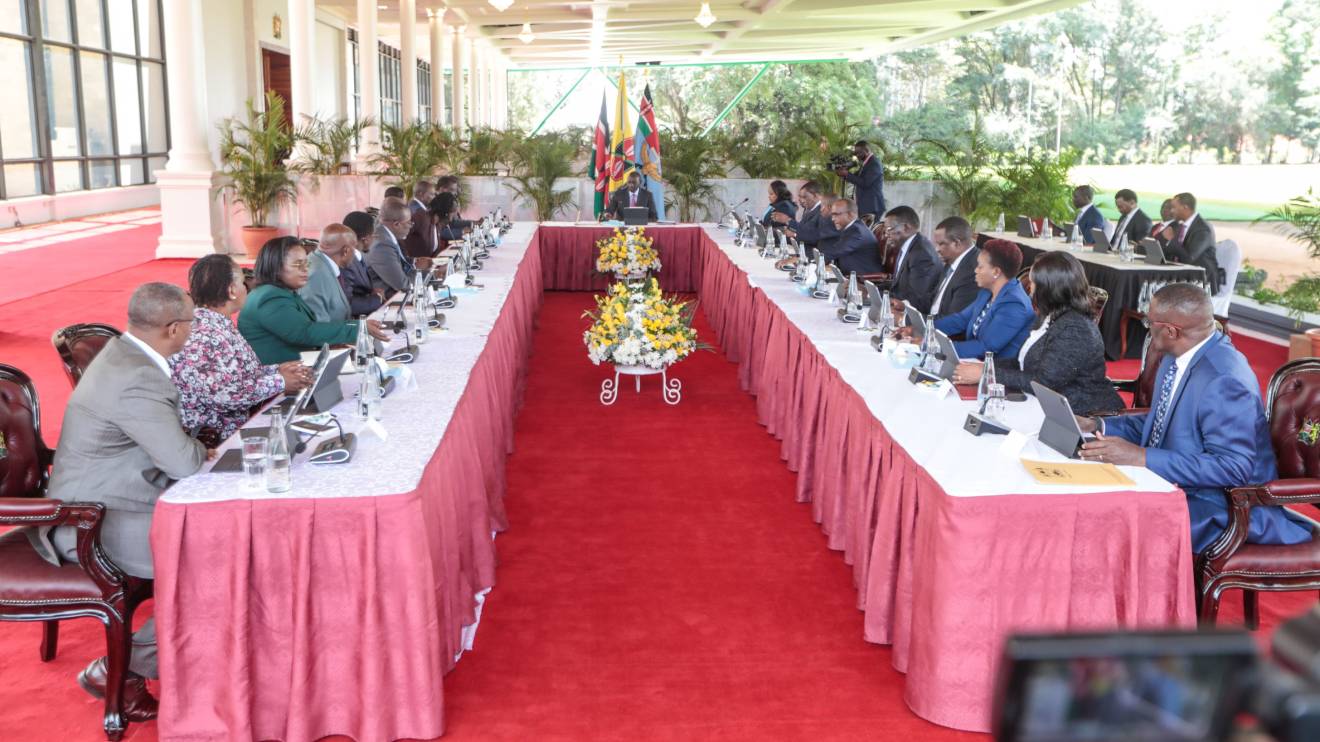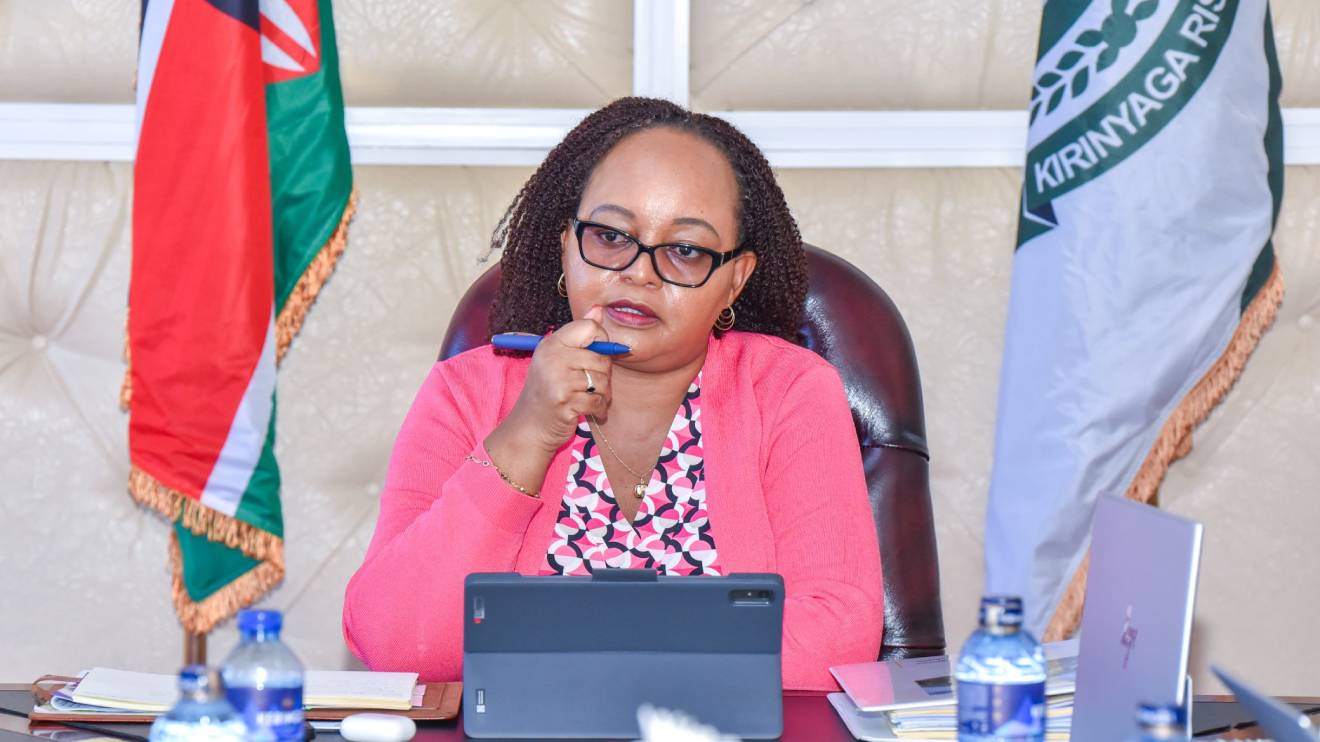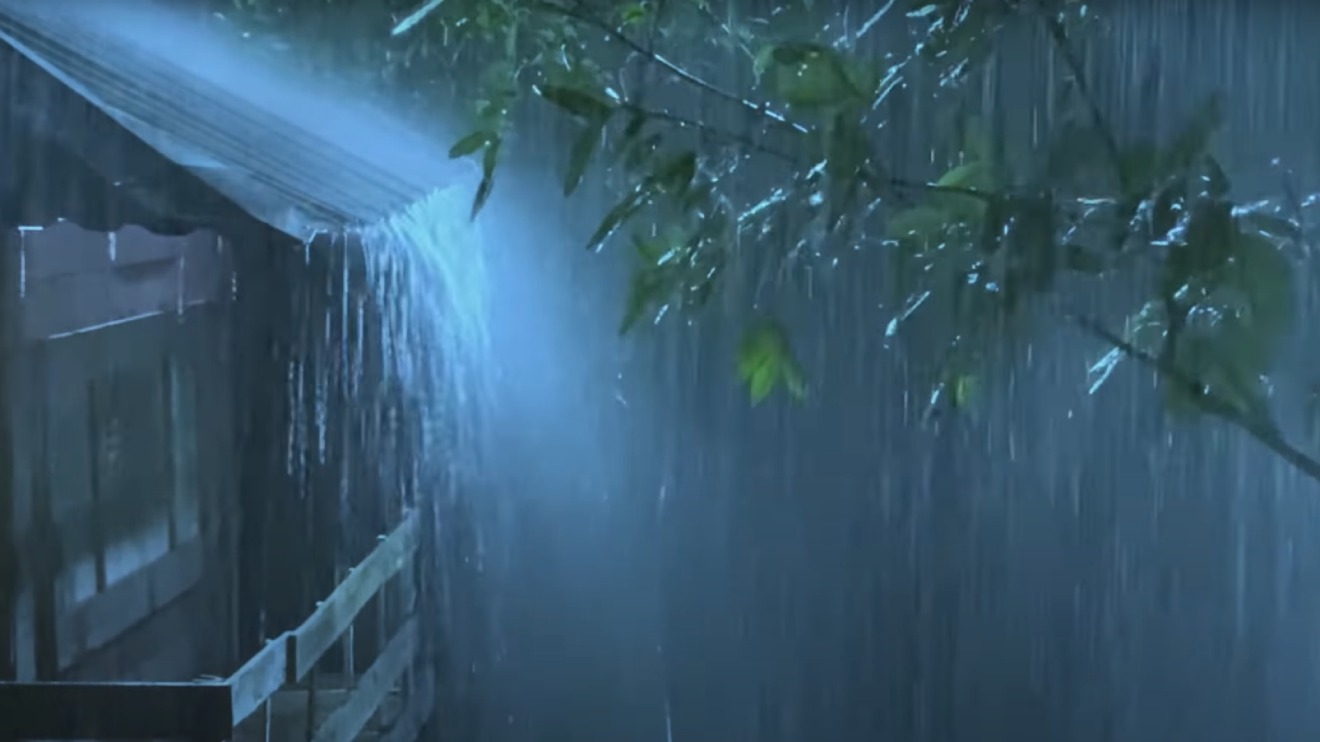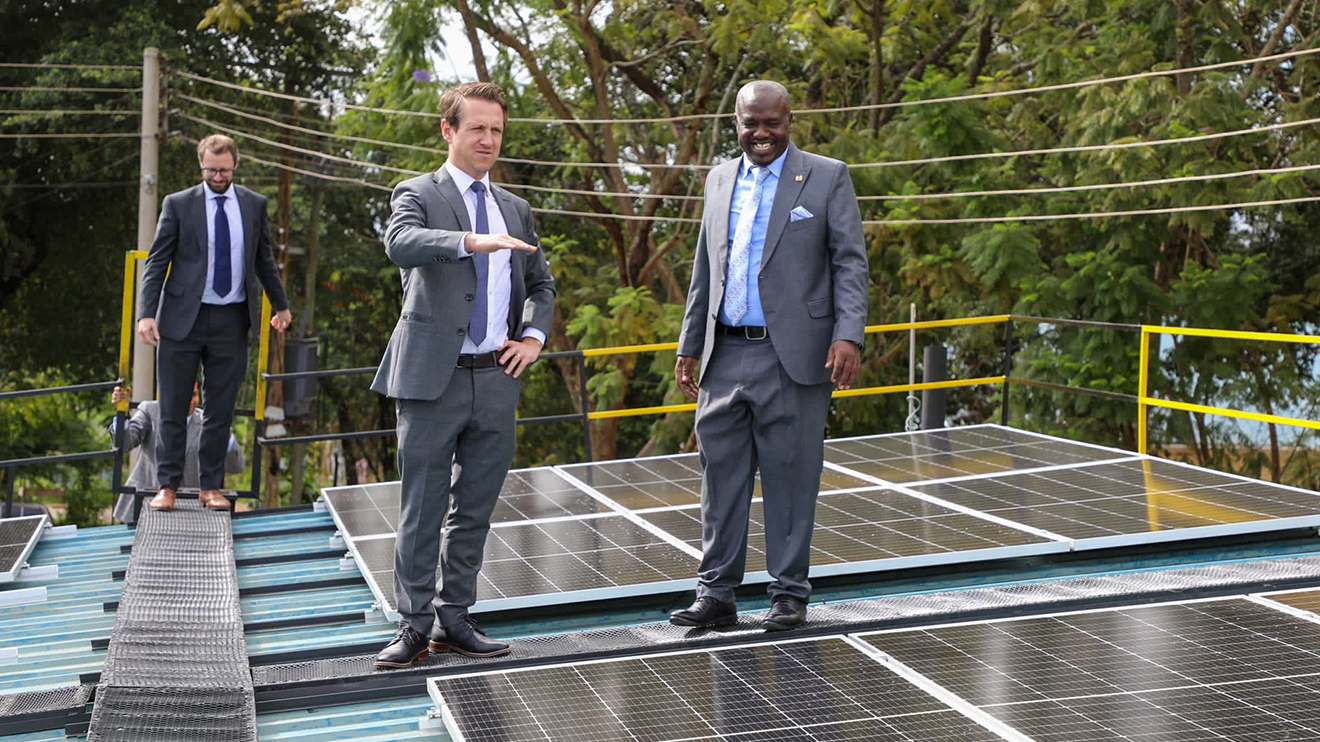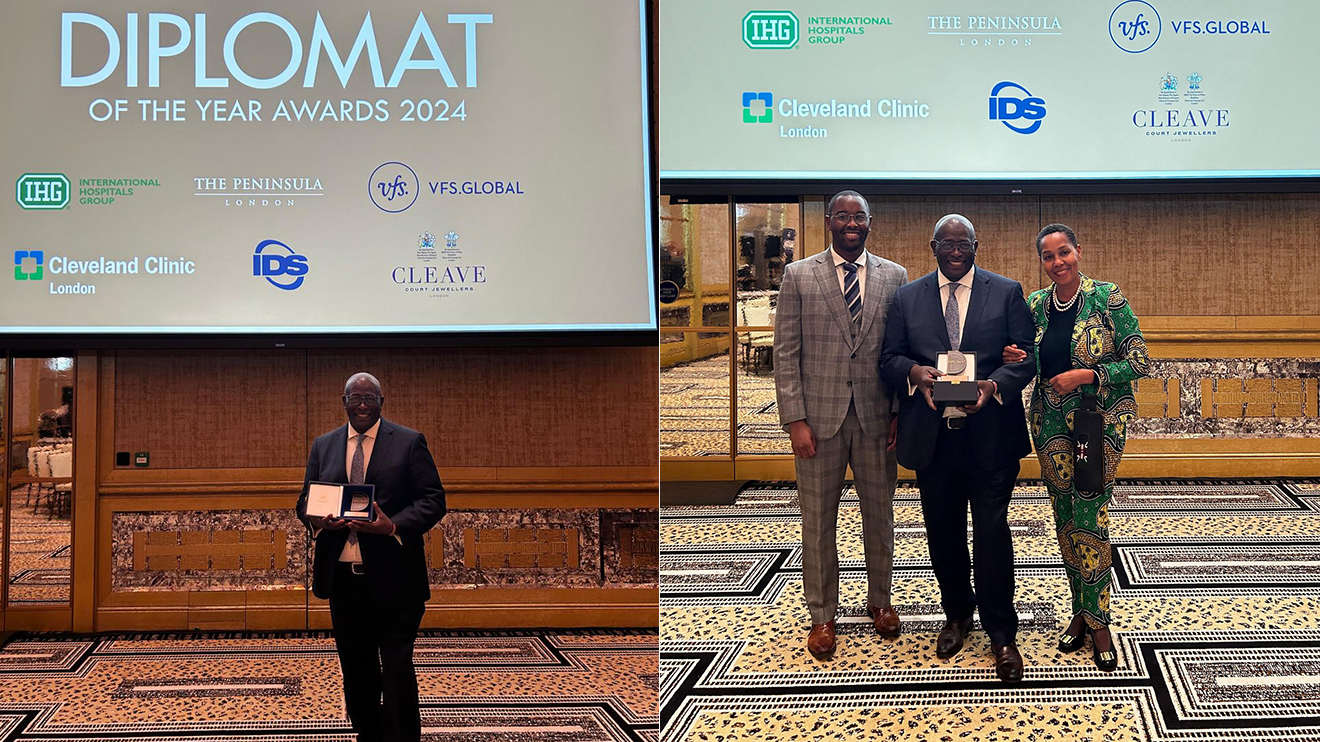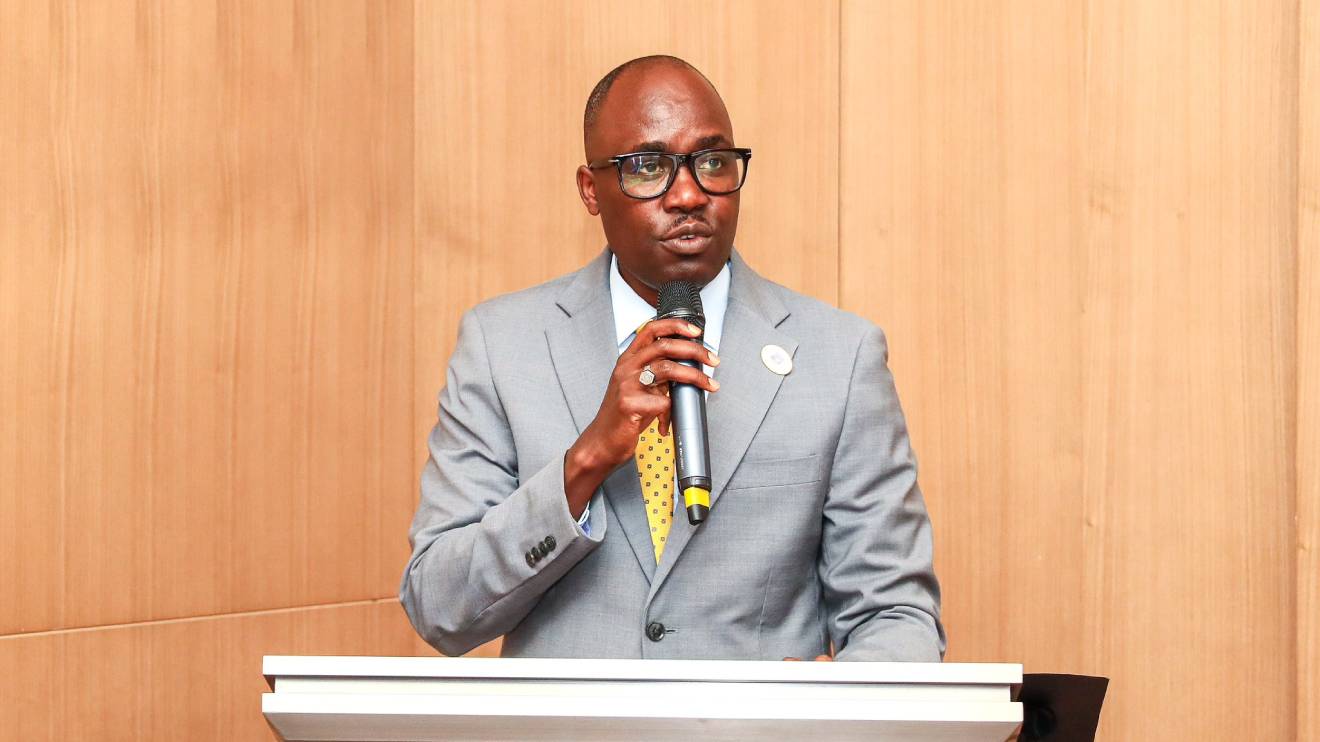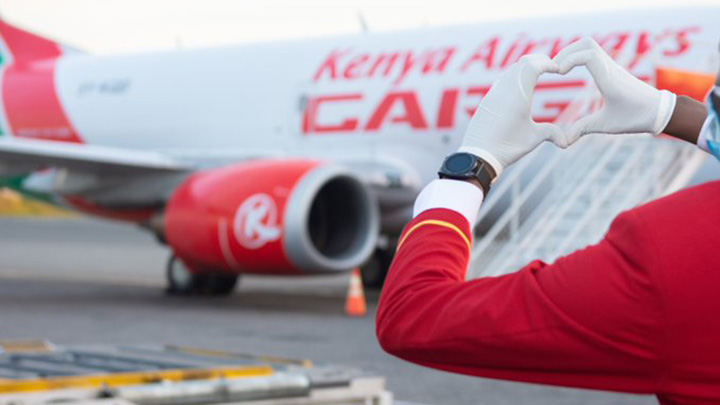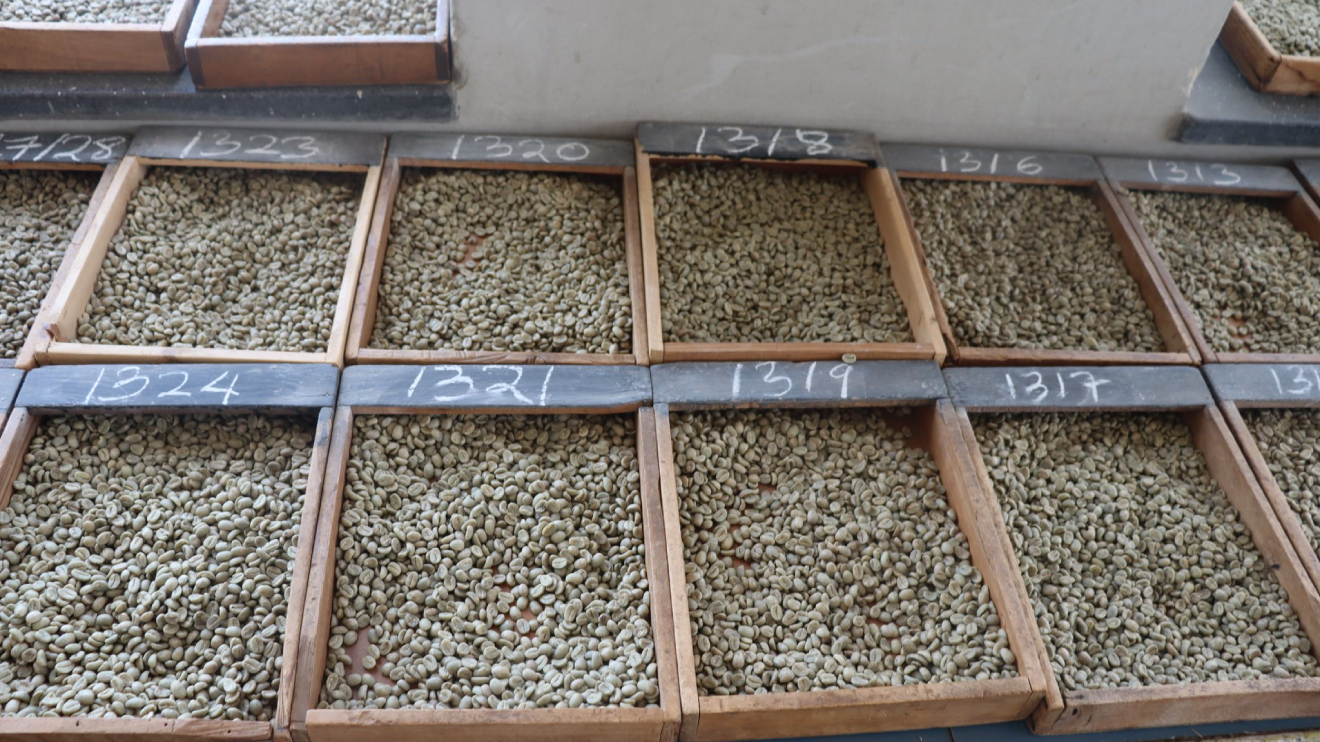The Kenyan Cabinet has thrown its weight behind a multi-pronged approach to tackle the production, sale and consumption of illicit brews and narcotic drugs across the country.
The tough stance comes amidst rising concerns over addiction and its impact on society.
“The Cabinet has endorsed measures the government has taken in the fight against illegal brews and narcotic drugs,” a statement from the Office of the President read.
Interior Minister’s Measures Endorsed
The endorsed measures announced by the Interior Ministry include a nationwide crackdown on the sale, transportation, distribution and consumption of illicit brews and narcotic drugs.
Read More
Additionally, a 21-day suspension of all 52 licenses and permits issued to manufacturers and distillers of second-generation alcohol has been implemented.
Furthermore, all bar licenses issued by counties that are deemed to be against the law have been revoked, with an audit of conflict of interest within enforcement agencies also taking place.
President Ruto Warns Against Obstruction
President William Ruto, who chaired the cabinet meeting at State House Nairobi, emphasized the seriousness of the issue.
The Cabinet resolved that any public officials who obstruct these measures “will be violating Chapter Six of the Constitution and the laws on conflict of interest.”
This includes officials in the National Police Service, National Administration, Kenya Revenue Authority, Kenya Bureau of Standards, public health and public prosecution, among others.
Early Success Reported
The Cabinet was informed of the initial impact of the measures. Since their implementation, 2,393 non-compliant premises, 359 pharmacies and chemists, and 452 agro-vets have been closed down.
Law enforcement has conducted 5,835 raids on illicit and narcotic dens, netting 289,390 litres of illicit brews, 13,198 litres of counterfeit alcohol, seven drug trafficking vessels, 3,603 rolls of bhang, and 44 stones of bhang.
Focus on Rehabilitation
Recognizing the human cost of addiction, the Cabinet directed the Ministry of Health to prepare a framework for establishing rehabilitation wards in all Level 5 hospitals.
Additionally, the Ministry was tasked with working with county governments to ensure each county has a functional rehabilitation centre.
Other Cabinet Discussions
The Cabinet meeting also addressed other pressing national issues. An inter-ministerial committee was formed to tackle the invasive Prosophis Julifora tree, commonly known as ‘Mathenge’, which is causing environmental damage in 22 counties.
The committee will explore ways to utilize the tree for commercial purposes, such as renewable energy, wood products, and sustainable charcoal production.
Positive Developments Reported
The Cabinet received positive updates on the rising water levels at Masinga Dam, the main storage facility for the Seven Forks Hydroelectric Power Station.
This increase in water levels raises the prospect of cheaper electricity generation for Kenyans.
The meeting also discussed Kenya’s role in hosting the World Bank’s IDA 21 Replenishment Drive Summit in April 2024, which is expected to secure concessional financing for national development projects.

